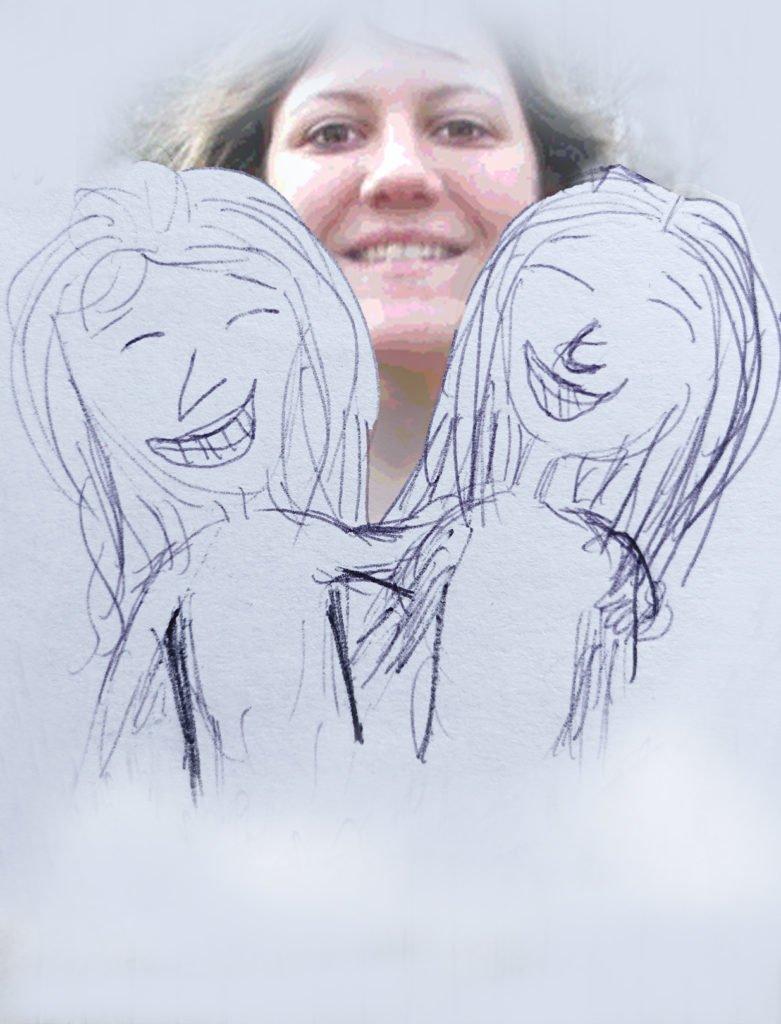 During our almost-three-year journey through the Wilds of Cancer, my daughter Marika and I never spoke about death or dying. To do so would have been to abandon all hope of ever being free of cancer. It’s like we made some sort of pact to pretend that everything would turn out all right. Our discussions focused only on coordinating the here-and-now. This way, we could stride always forward from setbacks and disappointing news.
During our almost-three-year journey through the Wilds of Cancer, my daughter Marika and I never spoke about death or dying. To do so would have been to abandon all hope of ever being free of cancer. It’s like we made some sort of pact to pretend that everything would turn out all right. Our discussions focused only on coordinating the here-and-now. This way, we could stride always forward from setbacks and disappointing news.
So towards the end, as the palliative care team took over, hinting about unplugging the life support system, I made them whisper and would not mention aloud that Marika was not going to live. At that point, I was too crushed by the thought of losing her. I couldn’t utter the D-words. Death. Dying. Dead. They pulsed in my head as I tried to convince myself of the terrible new reality. Marika, mostly unconscious by then, only heard encouragement from me as she lay there, “You’re doing fine, keep it up.” I’m pretty sure she already knew she would not survive. Holding back the truth has haunted me ever since.
Eight years later, a good friend of mine is in the end stages of her cancer. In the strange circumstances of life, I have been granted an opportunity, a second chance, to do a better job of supporting a loved one through the process of dying. I’m still wondering why it is so difficult to talk about the tough stuff with the ones we care about. All the very difficult, very human things one needs to address at the end of a loved one’s life — like apologizing, forgiving, thanking, acknowledging love and appreciation, and saying goodbye — are easy to ignore.
Then came the day my friend announced she was stopping treatment and starting hospice care. It was time to step up beyond my comfort zone, to acknowledge her dying.
Now Death is turning into a third friend in our company. In my mind I picture Death as having the face of my daughter, so it isn’t as scary and unapproachable as it used to be. Most days she (Death) sits peacefully between me and my friend. Sometimes she hugs us close. Other times, like when I’m being less than thoughtful, she (Death) blatantly slams our heads together. I’m getting used to Death’s gaze waxing and waning with my friend’s energy.
“What will happen when you die?” I ask my friend, “I’m going to miss you. You know?”
How can we make death and dying easier to talk about with our loved ones?